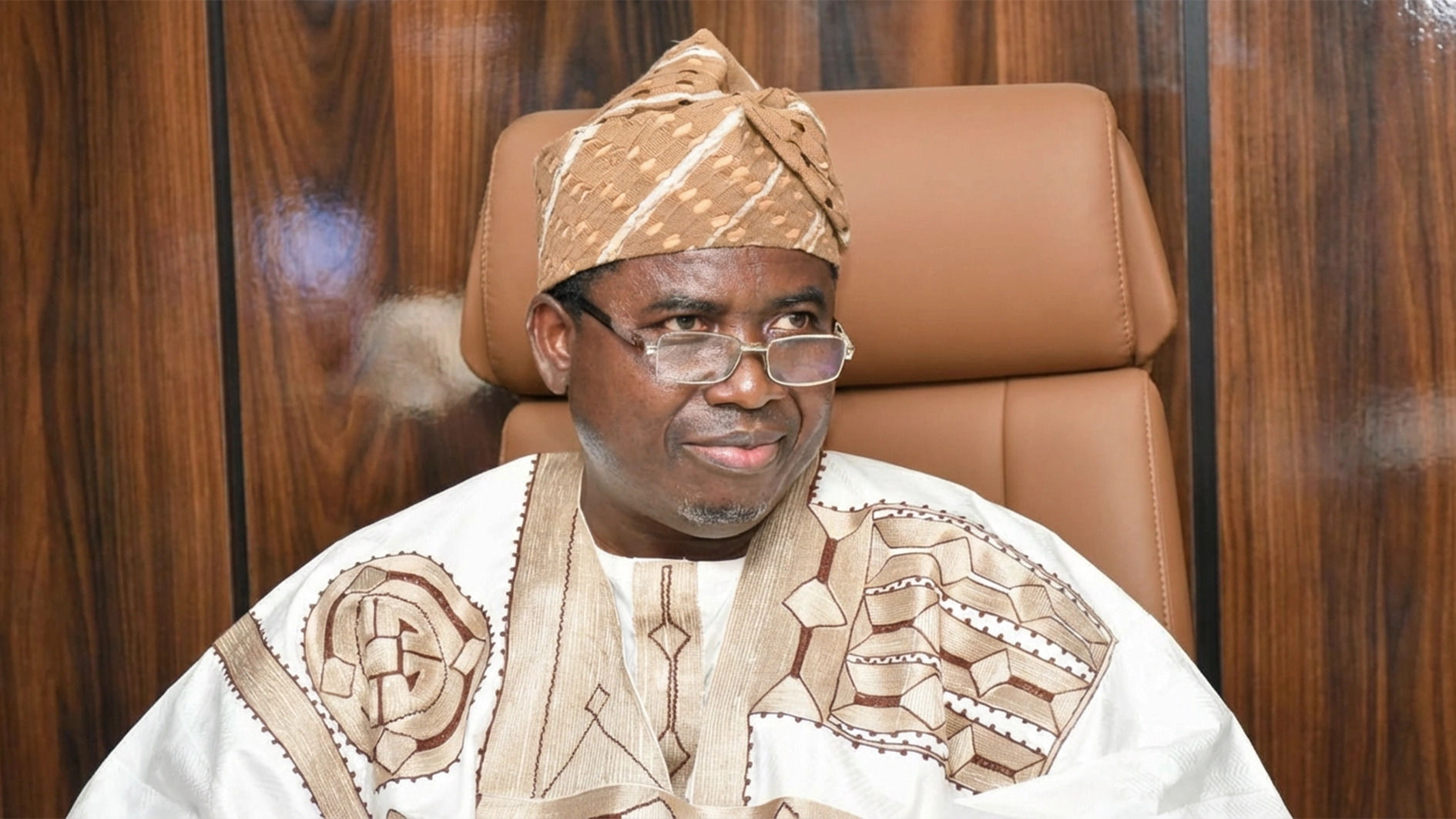• Say nearly 20m females have undergone FGM, lives endangered
• Urge S’West states to eliminate practice
The United Nations Children’s Fund (UNICEF), yesterday, said that close to 20 million women and girls in Nigeria had undergone Female Genital Mutilation (FGM), calling for its outright elimination.
It, however, warned that the practice endangers the lives of girls and women. Chief of UNICEF Lagos Field Office, Celine Lafoucriere, disclosed this during a two-day media dialogue to support advocacy to end the FGM, which is ongoing at Vichi Gates Hotel and Suites, Benin City, the Edo State capital.
The programme, which focuses on “Accelerating Actions to Eliminate Harmful Practices against Women and Girls,” draws journalists, civil society organisations and other participants from Oyo, Osun, Ondo, Ekiti, Ogun, and Edo states.
Oyo State Government is the implementing partner of the project. Lafoucriere lamented that despite the fact that the practice was outlawed in Nigeria, it continued in many states.
She said: “Your presence here shows that ending FGM is urgent and achievable. Nearly 20 million women and girls in Nigeria have undergone FGM. It’s the third-highest globally. Most of them were cut before their fifth birthday. Despite being outlawed in Nigeria, the practice continues in many states. It continues by myth and tradition.”
Also speaking, the Child Protection Specialist, UNICEF Lagos Office, Dennis Onoise, disclosed that Nigeria is the third biggest country in the world that practises FGM, saying: “FGM has no health benefit. It will not stop promiscuity. It would deny a lady the full benefit of her body. It can lead to medical complications. If the cutting is not properly done, it would affect the urine, which is dangerous. It is a gender-based violence. Many communities are into it. If we continue to mobilise people, there would be more reduction.” He, therefore, sought the support of all stakeholders to stop the practice.
In her remark, FGM Consultant, Aderonke Olutayo, said that the practice had rendered the woman powerful and violent. It is a harmful traditional practice.
She advocated the need for more awareness and sensitisation on the existing laws against the practice and its enforcement by government agencies. Earlier, Permanent Secretary, Ministry of Information, Oyo State, Rotimi Babalola, urged the media to intensify their support in reporting issues aimed at putting an end to the harmful practice.
Babalola said: “Today, it’s about the critical stakeholders here, the media. We are the people who set the agenda for society to follow. So, we are very critical of this FGM elimination campaign. I will just appeal that we need to put extra effort into this campaign so that in all seven states in the UNICEF office, we can totally eliminate FGM.”






